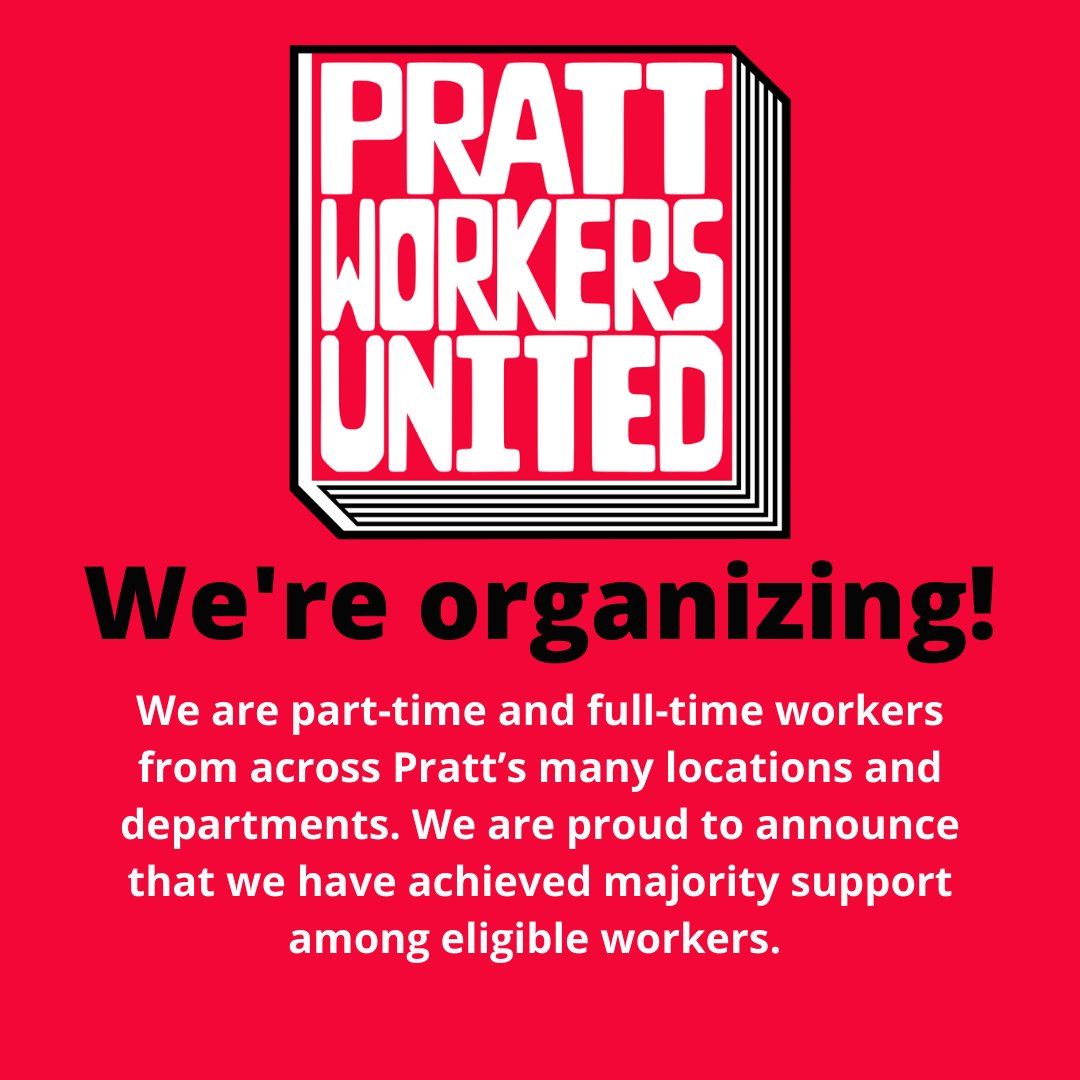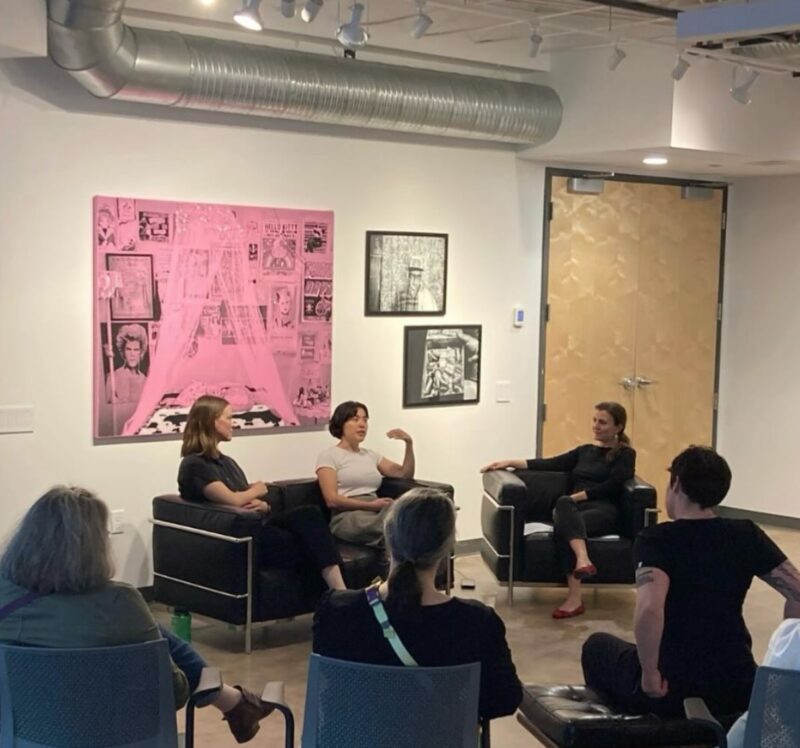“Baltimore is a union town!” So say longtime organizers at union rallies I’ve covered in the last year. This proclamation inevitably gins up hoots and cheers, shouting out recent upticks in organizing efforts at local art institutions, but it also nods to the labor movement’s extensive history in the city of Baltimore. Workers from the Enoch Pratt Free Library are the latest to join that wave.
On Wednesday, June 1, employees of the Enoch Pratt Free Library system announced their plan to unionize. Pratt Workers United is seeking voluntary recognition from Pratt leadership to join AFSCME Council 67, which is the same council that will represent workers at the Walters Art Museum and the Baltimore Museum of Art if their respective campaigns are successful.
According to PWU’s mission statement, the employees who want to unionize are both full-time and part-time, and they work across the library’s departments, from front-of-house security, custodians, and circulation staff to back-end tech and maintenance, programs and outreach staff, artists, designers, and book binders, among many other roles. The union’s demands include better wages and benefits for all, clearer paths to advancement, and more staff input on working conditions. “We deserve to have our expertise, knowledge, and ideas seen as valuable resources,” the statement reads. “We deserve to be treated with respect and dignity.”
If successful, Pratt Workers United would represent more than 300 eligible staff in the library’s Central Branch and the 21 other branches across the city. Organizers say that a majority of workers have already expressed support to form a union and that they plan to notify the Pratt’s administration of their intent this week. They are hoping leadership voluntarily recognizes the union.
When reached for comment by email, the Enoch Pratt Free Library’s spokesperson sent the following: “The Pratt Library respects our employees’ right to select union representation if that’s what they choose. We look forward to answering any questions our employees may have about that process going forward.”







